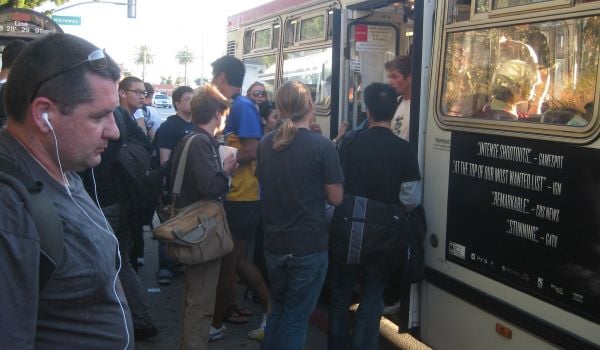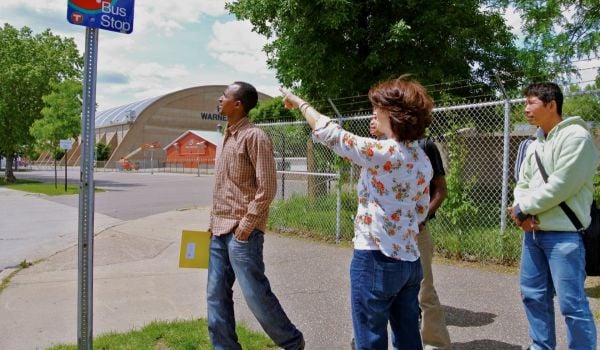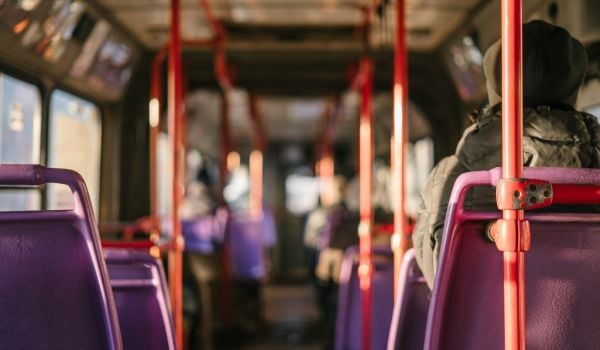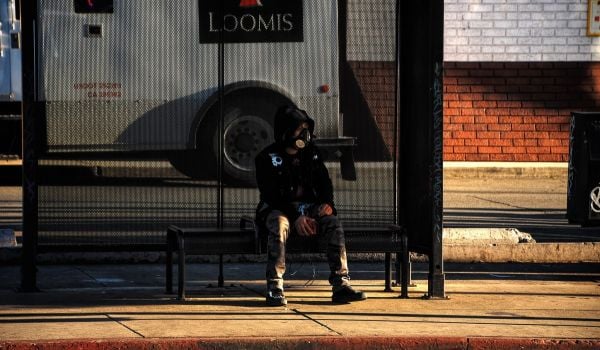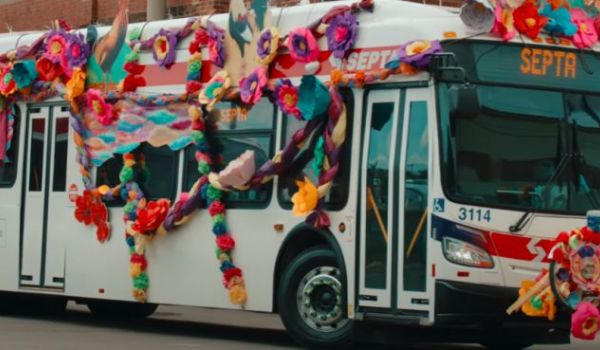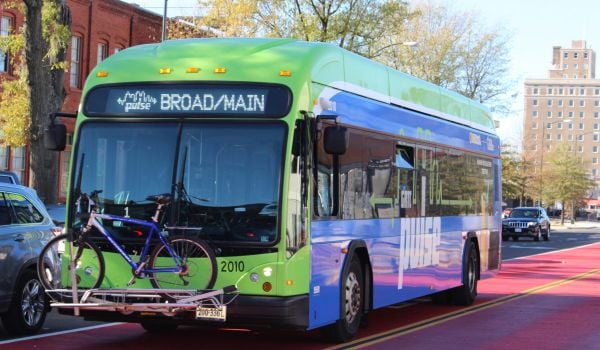As U.S. cities revitalize their downtowns and look to attract both young professionals and businesses, quality transit remains atop many to-do lists. Last year, Wake County — which covers 12 municipalities including Raleigh and the town of Cary — released a plan to connect the region across county lines. With an emphasis on increasing mobility, it calls for investment in bus and commuter rail infrastructure to better serve the county’s “economically, socially, and demographically diverse population.”
“Transit is a very important asset to our communities and ensures mobility to our citizens in all jurisdictions, but it’s also an important economic driver when you’re attracting and retaining businesses and quality talent to the area,” says David Eatman, transit administrator for the city of Raleigh. He also sees in the plan the potential to positively impact lower-income residents who rely heavily on the city and county’s public transportation system.
Officials will need voters this November to approve a half-cent county sales tax, which would generate nearly half of the $2.3 billion cost. Other money would come from revenues from vehicle taxes and fees, federal and state contributions, existing transit funds, and bus and train fares.
Currently, a meager 1.1 percent of the county’s residents commute by public transit. Most people drive, and as traffic congestion becomes more of an issue for the county, the plan seeks to divert further gridlock by getting people out of cars and onto express buses.
Mary-Ann Baldwin, an at-large member of the Raleigh City Council and the city’s representative to GoTriangle (the regional authority), calls the plan a model for regionalized efforts that ultimately encourages improved quality of life for all residents.
“[We’re a] typical Southern city that has experienced a lot of growth. Many of our communities are very suburban,” she says. “Bus service or transit was a second thought. Our population has doubled in the last 20 years. Now we’re looking at how we prepare for continued growth.”
Last year, nearly 23,000 people moved to Wake County. Much of the growing population is made up of minorities, millennials and senior citizens flocking to Raleigh and Durham. Many people commute to employment centers around the Research Triangle Park, to institutions such as Duke University and North Carolina State University, and to Raleigh’s downtown. New transit routes would make it easier for residents to commute to these areas more frequently and efficiently.
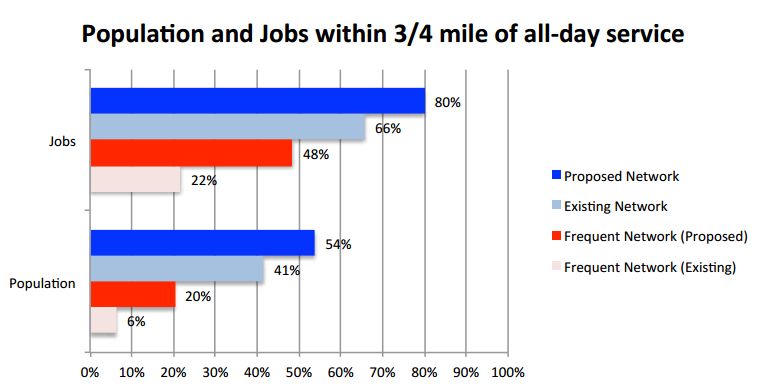
From the Wake County Transit Plan
Currently, buses operate infrequently and lack an adequate schedule, preventing someone working a late-evening job a chance to catch the bus home after 10 p.m. The new plan would triple bus service and increase hours of operation. A 37-mile commuter rail would also connect riders throughout the Research Triangle Park, to major universities, and enhance connections to the airport. All would complement light rail planned to run from Durham to Chapel Hill.
Baldwin says that planning is much more regionally focused as local and federal government funding skews in favor of regional transportation initiatives. Going beyond Wake County, in February, officials went to the Johnston County Board of Commissioners to present the Wake County transit plan, and solicit buy-in from the neighbors. At that meeting, Tim Maloney, Wake County’s director of planning and development, said, “Commuters don’t stop at the county line.”
The Works is made possible with the support of the Surdna Foundation.

Sherrell Dorsey is a social impact storyteller, social entrepreneur and advocate for environmental, social and economic equity in underserved communities. Sherrell speaks and writes frequently on the topics of sustainability, technology and digital inclusion. Her work has been featured in Black Enterprise Magazine, Triple Pundit and Inhabitat.
Follow Sherrell .(JavaScript must be enabled to view this email address)





